Denver Airbnb Property Damage With the rise of short-term rental platforms like Airbnb, Denver has seen a boom in both tourism and property investment. The city’s appeal from its scenic mountains to its vibrant downtown attracts millions of visitors annually. While this creates profitable opportunities for hosts, it also introduces a major risk: property damage.
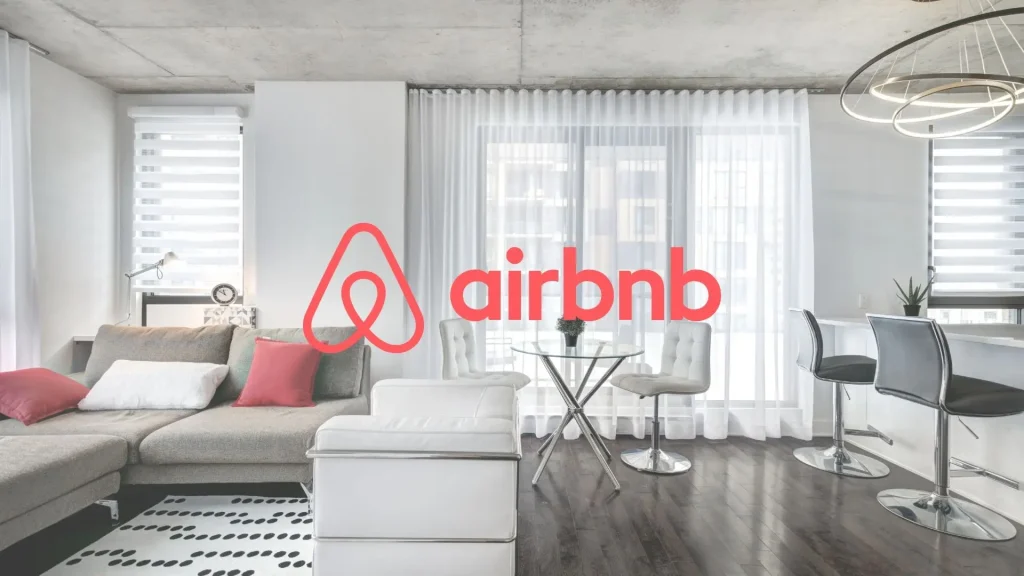
From broken furniture to unauthorized parties, damage to Airbnb rentals is an unfortunate reality. In Denver, where short-term rentals have spiked over recent years, hosts are increasingly concerned about financial losses, legal liability, and guest accountability. This article explores common types of property damage, why Denver is particularly affected, how Airbnb’s protection plans work, and what hosts can do to minimize risks.
Common Types of Property Damage in Airbnb Rentals
Denver Airbnb Property Damage, Even with the best intentions, some guests cause damage whether accidentally or deliberately. Here are the most frequently reported issues:
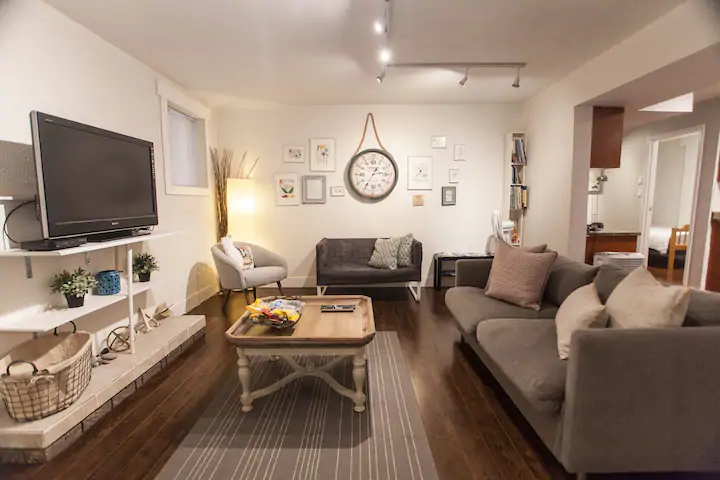
1. Furniture and Fixture Damage
- Scratched floors
- Stained carpets or upholstery
- Broken tables, beds, or chairs
- Wall dents from luggage or furniture
2. Smoking Indoors
Despite no-smoking policies, some guests smoke inside the property, leading to lingering odors and costly deep cleaning.
3. Appliance and Tech Damage
- Burned-out microwaves
- Damaged smart TVs or remotes
- Malfunctioning washers and dryers due to misuse
4. Party-Related Vandalism
Unauthorized parties are a rising problem. Damages often include:
- Broken glass
- Holes in walls
- Trashed interiors
5. Missing Items or Theft
Towels, kitchenware, and even electronics have been reported stolen by dishonest guests.
These damages are not just inconvenient, they’re costly. Repair expenses can run into hundreds or thousands of dollars, especially without proper documentation or timely Airbnb claims.
Why Denver Is Particularly Affected
Denver Airbnb Property Damage, Denver isn’t just any tourist destination, it’s a hub for weekend getaways, bachelor/bachelorette parties, music festivals, ski season visitors, and more. A few key factors make Denver Airbnb rentals more prone to damage:
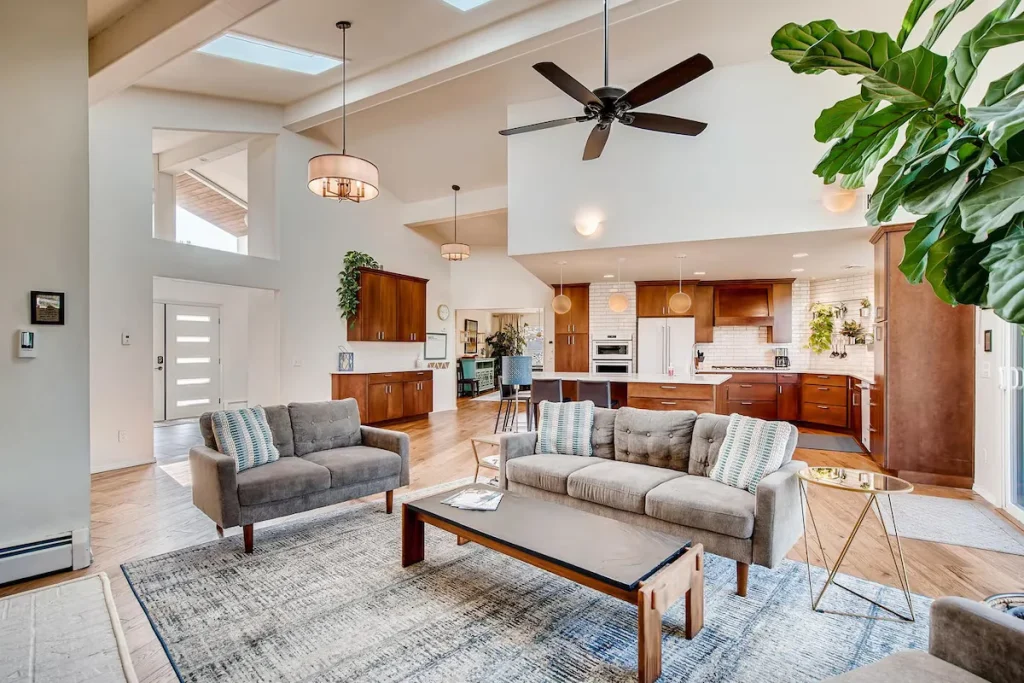
1. Tourism & Party Culture
Denver’s legal cannabis industry and lively nightlife scene draw younger tourists. Some guests may treat Airbnb properties like hotel rooms, disregarding house rules.
2. High Property Turnover
The more guests you host, the higher the chance of damage. Denver’s year-round appeal ensures hosts rarely have downtime, increasing wear and tear.
3. Legal Grey Areas
Some hosts operate under ambiguous short-term rental regulations, which may make it harder to enforce rules or get support from local authorities.
4. Out-of-State Renters
Many visitors are from out-of-town or out-of-state, which reduces personal accountability and increases the risk of careless behavior.
Real-Life Incidents or Case Studies

Case Study 1: The Party That Went Too Far
A Denver host rented her two-bedroom unit to what appeared to be a young couple for a weekend stay. Instead, the guests threw a party with over 30 attendees. Neighbors reported noise, and by the time the host regained access, the unit had:
- Wine-stained carpets
- A broken dining table
- Cigarette burns on the couch
Estimated damage: $3,800. Airbnb covered a portion under AirCover, but the rest came out-of-pocket due to lack of proper photo evidence.
Case Study 2: Hidden Smoking Damage
Another host repeatedly received glowing reviews — until one long-term guest secretly smoked indoors for weeks. The result? The entire unit needed repainting, furniture replacement, and professional ozone treatment.
Total cost: $2,100, most of which was not reimbursed due to delayed discovery.
Host Responsibilities & Risk Mitigation
As a host, you’re not powerless. These key steps can help you minimize risk and protect your investment.
1. Guest Vetting
- Read reviews of previous host experiences
- Avoid accepting bookings without verified IDs
- Message guests pre-booking to ask about the purpose of their trip
2. Use of Security Deposits
While Airbnb no longer allows hosts to set traditional security deposits, they support claims through AirCover, and you can still add charges for damages post-checkout.
3. Smart Surveillance
Install video doorbells or outdoor security cameras (clearly disclosed) to monitor traffic and discourage unauthorized visitors.
4. Insurance
Consider third-party insurance in addition to Airbnb’s AirCover. Options like Proper Insurance or Slice offer tailored short-term rental coverage, including liability and income loss.
5. House Rules & Manuals
Create a clear and detailed house manual that outlines:
- No smoking or parties
- Maximum occupancy
- Appliance usage
- Emergency contacts
Display this both in the listing and inside the property.
Airbnb’s Policies on Damage and Reimbursement
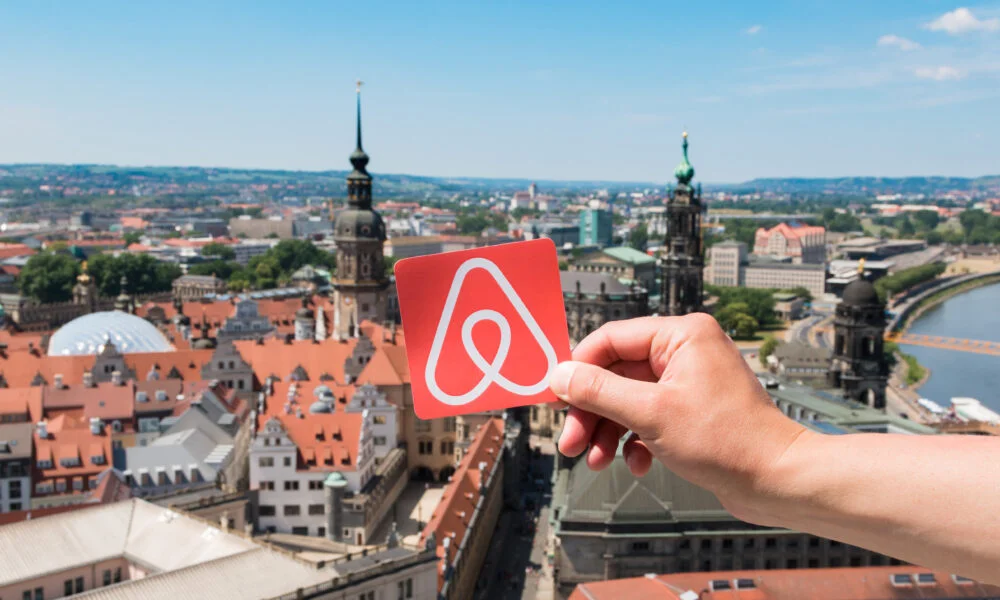
What Is an AirCover for Hosts?
Airbnb’s built-in protection for hosts, AirCover, includes:
- Up to $3 million in damage protection
- Income loss protection
- Deep cleaning coverage
- Pet damage and unexpected guest reimbursement
However, there are limitations and exclusions, and timely documentation is critical.
How to File a Claim:
- Document the damage (photos, videos, receipts)
- Submit a claim within 14 days of checkout
- Use the Resolution Center to message the guest
- Escalate to Airbnb Support if no resolution is reached
Legal Protections for Property Owners in Denver
Denver Airbnb Property Damage, Denver has strict laws governing short-term rentals, which can both help and complicate a host’s response to damage.
Key Regulations:
- You must have a short-term rental license from the city
- Rentals must be your primary residence
- Hosts must display their license number in listings
Relevant Legal Protections:
- You can evict guests who overstay via Colorado’s unlawful detainer laws
- Denver Police can intervene if there’s property damage or party violations
For better protection, consider working with a local property management company familiar with Denver’s evolving short-term rental rules.
Preventive Measures and Best Practices for Hosts
Staying proactive is your best defense. Here are proven ways Denver hosts can reduce risk:
1. Install Smart Home Tech
- Smart locks (for easy access + guest logs)
- Noise detectors like Minut (to detect parties)
- Water leak sensors
- Motion-activated lighting
2. Use House Rules Strategically
- Require guests to acknowledge house rules before booking
- Emphasize zero-tolerance policies (e.g., no parties or unauthorized guests)
3. Build Strong Neighbor Relationships
- Provide neighbors with a contact number
- Let them know you’re an Airbnb host
- Encourage them to report concerns early
4. Regular Maintenance Checks
Between stays, inspect the unit yourself or hire someone to do it. Early detection of minor issues can prevent major repairs later.
Guest Accountability and Ethical Travel
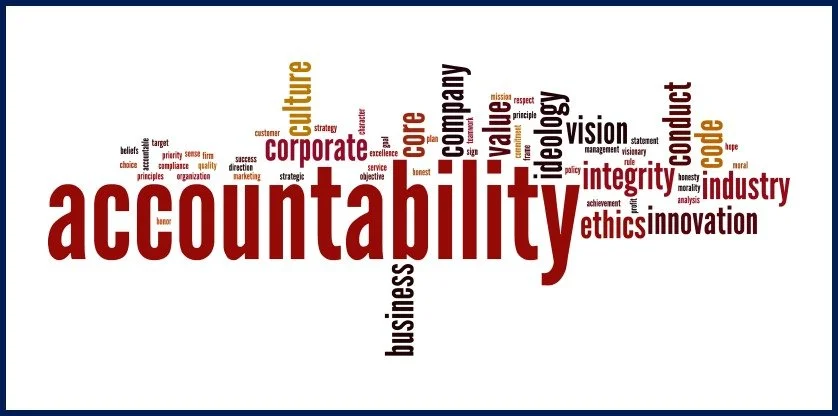
Not all guests cause damage in fact, most are respectful. However, promoting ethical guest behavior benefits everyone in the Airbnb ecosystem.
Educate Guests on Proper Conduct:
- Respect local noise ordinances
- Treat the property like your own
- Follow check-in/check-out procedures
- Communicate proactively if accidents occur
As a host, you can model accountability by:
- Leaving fair, honest reviews
- Rewarding good guests with positive feedback
- Reporting rule violations through the platform
Conclusion: Denver Airbnb Property Damage
Hosting on Airbnb in Denver can be incredibly rewarding but it’s not without risks. From broken furniture to unexpected parties,Denver Airbnb Property Damage, especially in a high-tourism city like Denver.
By understanding common risks, leveraging Airbnb’s protection tools, staying compliant with local laws, and using smart prevention strategies, you can confidently protect your short-term rental property.
have a look at Best Cool Tech Gadgets of 2025: The Ultimate List
Explore Nexus Globes for the latest news on tech, health, and entertainment.




